The case can be made that merely recording an album in Canada does not make one a Canadian artist. But enfranchising a music genre by nationality can be risky for global sales. If we look at it from a standard marketing point of view an album that was recorded in Canada is a: MADE IN CANADA product, which is all that’s needed to validate the origin of that product. For example; the Canadian Jazz scene comprises of Jazz musicians who are Canadians, but that should not distinguish that Jazz as an entirely different brand of Jazz from every other Jazz in the world. The same is true for Country, Reggae, Pop, Rock and Roll and Heavy Metal, just to name a few. A multifaceted explanation of Canadian Hip Hop will have to be an adaptation of a movement that is launched by Canadians but if nationality was its defining factor then what heritage or pride is hailed in the culture?
Giving a fixed definition to Canadian Hip Hop is imperative. Is it another branch of Hip Hop? Another brand with its own, slang, culture and creed mirroring the culture of Canada? Or is it a continuation of the universal standard of Hip Hop that started in the Bronx? This is not to imply that there is anything wrong with CANADIAN HIP HOP. It is to define it. When you think about it, you will see how this is crucial to Hip Hop Kulture in general. If all Hip Hop is the same as a universal standard then the lifestyle, slang, mentality, and business should be the same. Also, this would mean that there is no need to add a nationality to it since it is merely Hip Hop. For example,
I’m a Canadian who lives Hiphop. The Question is; what makes one a Canadian artist – is it because they grew up in, were born in or live in Canada? Or is it because they perform or live in a specific culture that is only found in Canada? Repping one’s city is one thing, franchising an international music culture and genre by nationality is another.
In seven years of recording, releasing, promoting and performing Hip Hop music and writing blogs independently in Canada I’m continuously faced with the enfranchising option of determining whether my Hip Hop is Canadian or not. Working with Canadian artists and producers, my music should have spoken for itself, but it is almost as if upon becoming a Canadian citizen my Hip Hop automatically naturalized from whatever it was to Canadian Hip Hop.
So I ask; is any other form of Hip Hop allowed in Canada? Can’t there be variations in the types of Hip Hop found in Canada? Genre franchising can be more intricate than meets the eye. The simplest way to express it is if someone lives in, writes in, records in, releases in, promotes and performs in a country, then that product was: Made in that country regardless if the person is a citizen or not or where their influence came from. Is this the same in Canada? Am I a Canadian artist or was my product: Made In Canada? In Hip Hop the universal acceptance is found in the accent. Internationally, rap has always been more accepted in either American or Parisian French accents. A rapper must master one or all of these accents if they intend to be recognized, globally. For example, if a Russian band released a Reggae album which lacks Caribbean slang or dialect, will that Russian-accented Reggae album be accepted as an authentic Reggae album in the international Reggae community? Globally speaking, people have to connect with you.
Wikipedia’s online encyclopedia (which is the only independent outlet that addressed the subject) attempted to distinguish Canadian Hip Hop by stating its influence –
“Although American East Coast and West Coast hip-hop are major influences on Canadian artists in the genre, Canadian hip hop also incorporates a number of other influences not commonly seen in the mainstream of the American genre. The Black Canadian community is much more dominated by people of Caribbean heritage than is the African-American community in the United States.
As a result, Canadian hip hop is significantly influenced by the rhythms and styles of Caribbean music. English Canadian hip hop tends to be influenced by Jamaican, Trinidadian and Bahamian styles, while francophone hip hop from Quebec is commonly influenced by Haitian music. Artists such as Michie Mee, Dream Warriors, Ghetto Concept, and Kardinal Offishall have incorporated dancehall or reggae into their music. Even those artists that do not use an obvious Caribbean sound are often influenced by Caribbean English and themes.
A famous example is the Kardinal Offishall song “BaKardi Slang,” which gives examples of Toronto black youth slang — many derived from Caribbean speech. As well Rastafarian vocabulary, speaking of good as “Zion” and evil as “Babylon” for example, is quite common, even if the rapper is not themselves a Rasta.” *
I found this quote very interesting since many Canadian rappers are also of Caucasian, Middle Eastern or Indian descent. Also, I was taken aback by the reference to Rastafarian terminologies since many of my music terminologies are Rastafarian. Reggae music is undeniably one of the most influential and most popular genres on earth.
Calypso is also very popular among us blacks. So is African culture and music. Many of us are either naturalized immigrants from the Caribbean, Africa or another country or our parents are immigrants from the Caribbean, Africa or another country. Many black children living in the West have had to blend more than one culture. Hip Hop is a proven agent that bridges the gap of the racial or ethnic divide. It connects not only black people with black people but also Arabs, Spanish, Indians, Caucasians, and Asians within a global community. When a rapper steps to the microphone, the question is no longer what his or her race or ethnicity is or what nationality they belong to. Instead, it merely is if she or he can rap. In this retrospect, Canadian Hip Hop when rigidly defined must incorporate an open field for all who possess talent without regard to race, ethnicity or nationality. It should only recognize the Hip Hop in you.
In all essence, Hip Hop music was created in the United States. Caribbean culture as an extension of African heritage and culture also has a strong influence on Hip Hop music. Globally speaking, the black community is divided into three central units; the African, the Caribbean, and the African American. Each one originated from Africa. Due to the creativity of blacks, many genres of music were invented. Is Canadian Hip Hop one of such inventions? Is Canadian Hip Hop a type of Hip Hop that is influenced by African, American and Caribbean cultures? Is the message primarily reminiscent of black struggles?
These questions have to be answered. The reason why those questions should be answered is that when it comes to Hip Hop, we know there is a creed that goes beyond one’s nationality. Those creeds can be found in the teachings of Afrocentrism, Nubian-ism, The Universal Zulu Nation and The Nation of Gods and Earths [also known as the Five Percenters]. Though these teachings have their roots in the Abrahamic faiths of Judaism, Christianity, and Islam, they also delve into the ancient teachings of Africa. Some of these teachings date back to the time before Abrahamic faiths were introduced to black people. This is a defining factor in Hip Hop Kulture. In fact, no one can live or perform a genuine brand of Hip Hop without at least knowing this.
The idea of enfranchising one’s brand of Hip Hop is not only in Canada. There are many versions of Hip Hop franchises. The question here is if Canadian Hip Hop is Hip Hop in Canada or if it is a specific version/genre of Hip Hop. I for one recorded a Hip-Hop album in Krio after being influenced by Senegalese “Wolof Hip Hop” years ago.
As a student of Hip Hop when I was a refugee in the Gambia (West Africa), I was exposed to the various other kinds of Hip Hop. This includes many none English speaking Hip Hop genres. However, my understanding was that they are distinct genres of the original brand of Hip Hop being performed in a different language. I discovered French Hip Hop ranging from Parisian French to almost every French-speaking corner of the world. I found Italian Hip Hop, Arabic Hip Hop, German Hip Hop, Spanish Hip Hop, African Hip Hop, Polish Hip Hop, Asian and South Asian Hip Hop, Russian Hip Hop and Canadian Hip-Hop. The only difference between all the rest of the other Hip Hop and Canadian Hip Hop is that the rest of them were not performed in English.
None the less, with Canada it is necessary to note that since Canada is both a French and English speaking country, there is also a large French Hip Hop community. My producer is originally from the Caribbean Island of Grenada, I am originally from Sierra Leone, West Africa, Hip Hop is predominantly an American thing today, and I’ve gathered my life influences from Africa, the United States, and the Caribbean. So again if you ask me what I do, I’ll merely say… I do Hip Hop… in CANADA. And I feel I’m just as much a part of the Hip Hop community in Canada as I am in any other part of the world.*
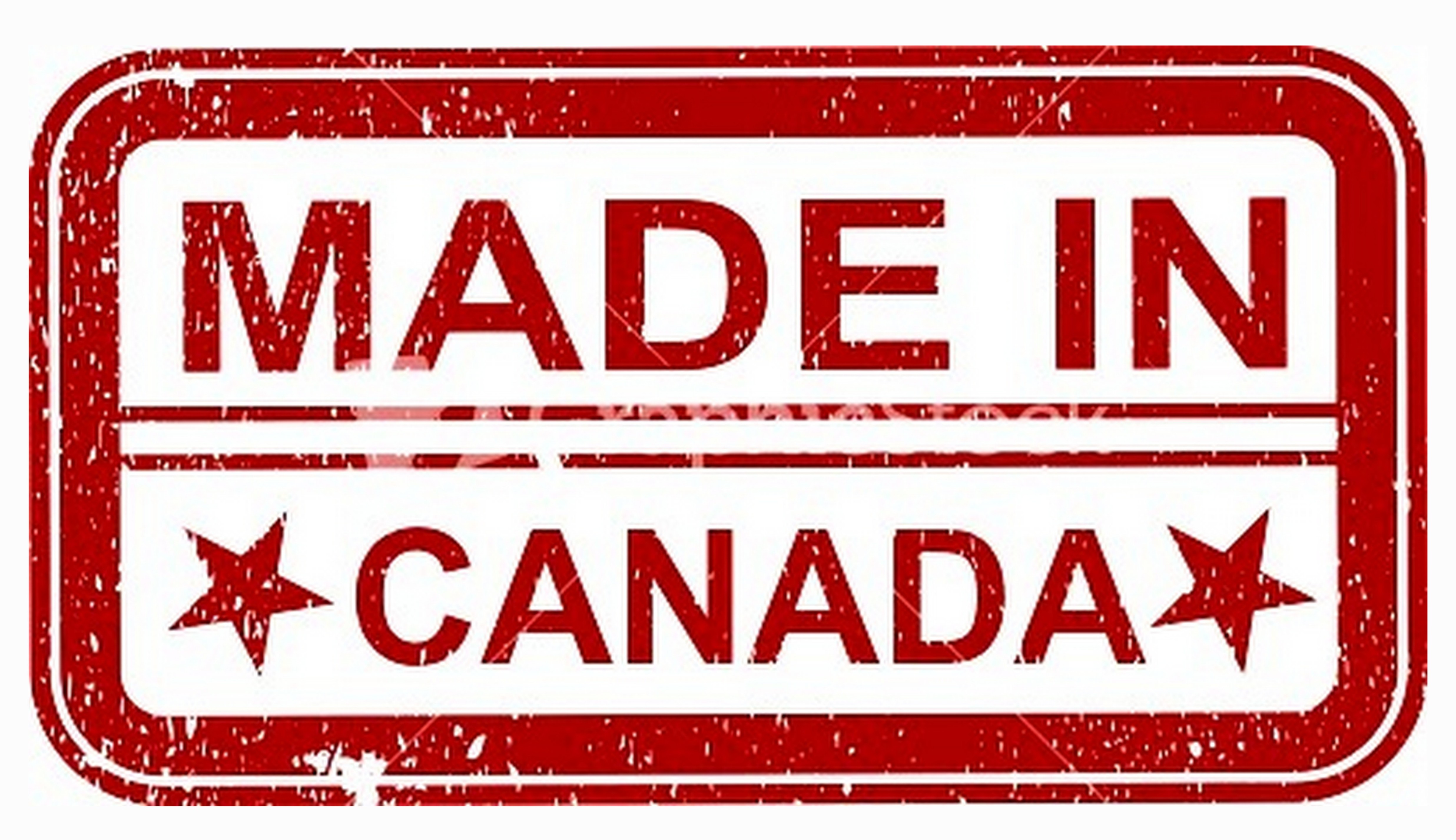
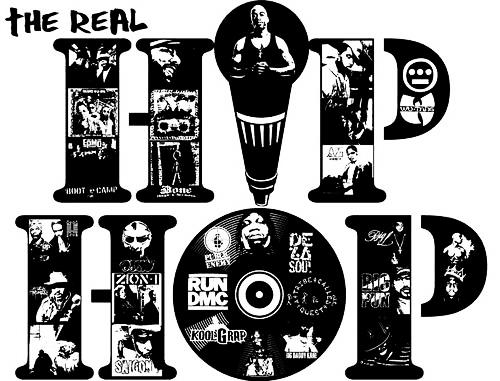
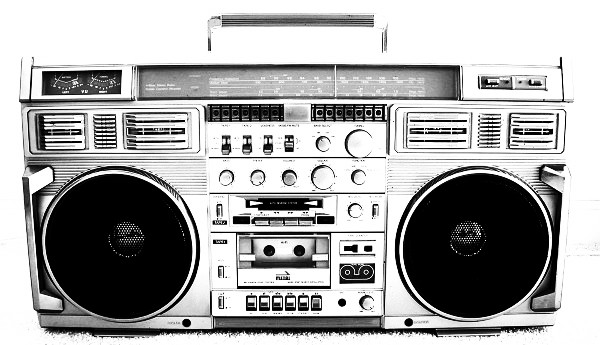


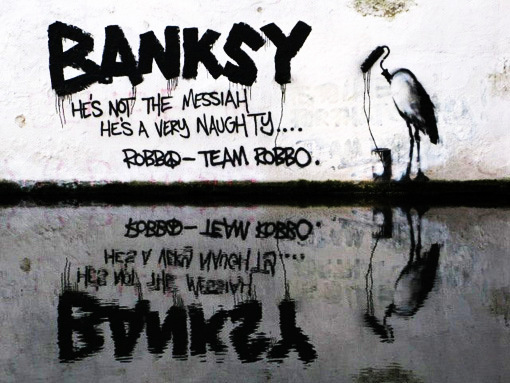
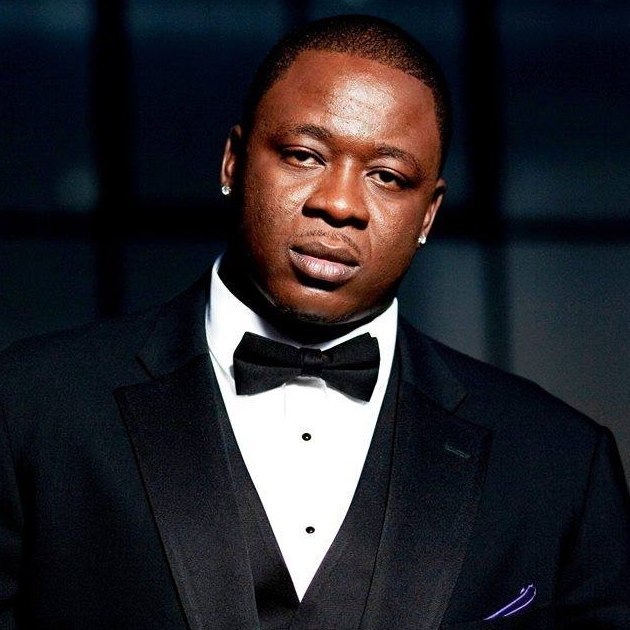
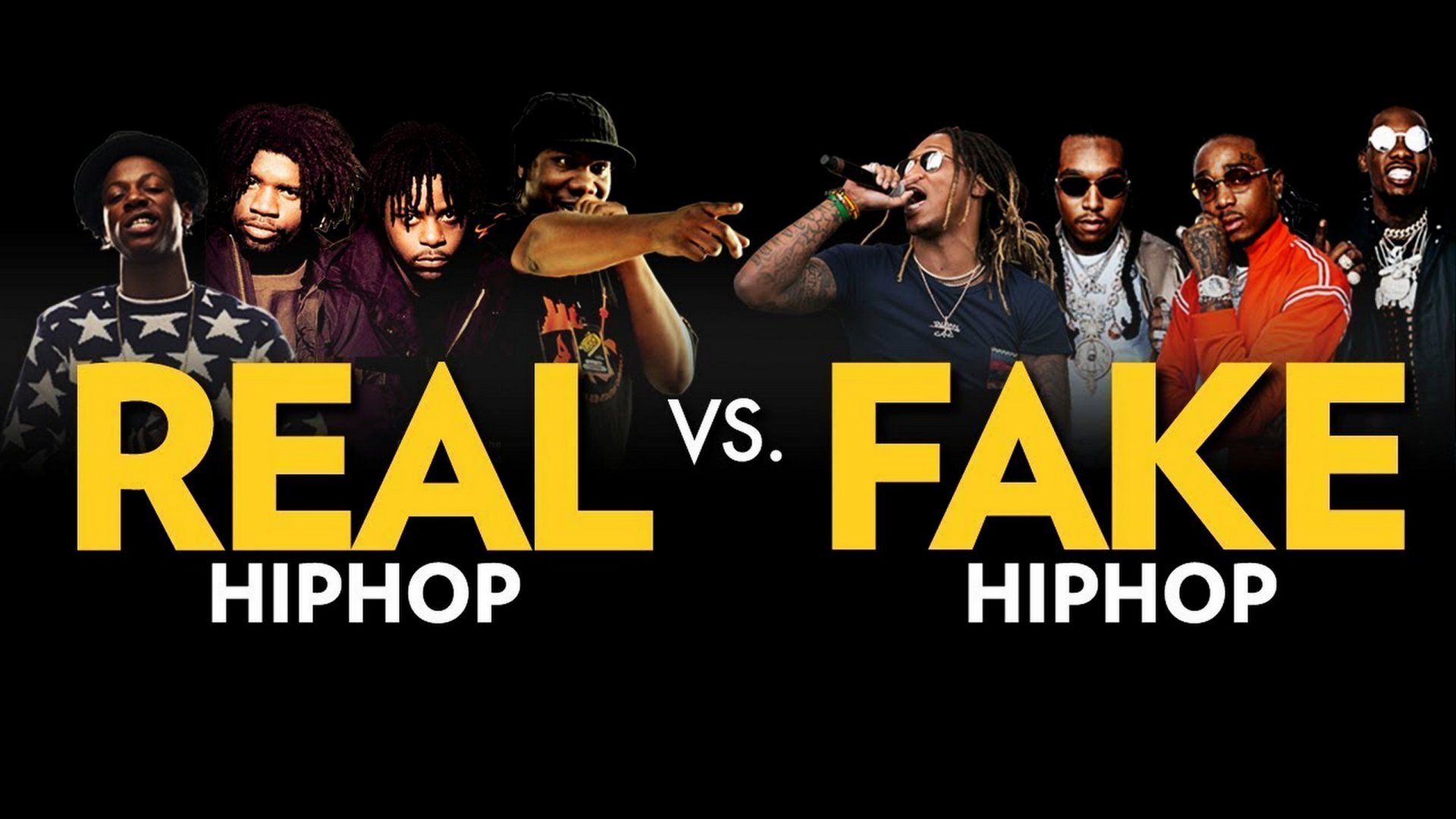
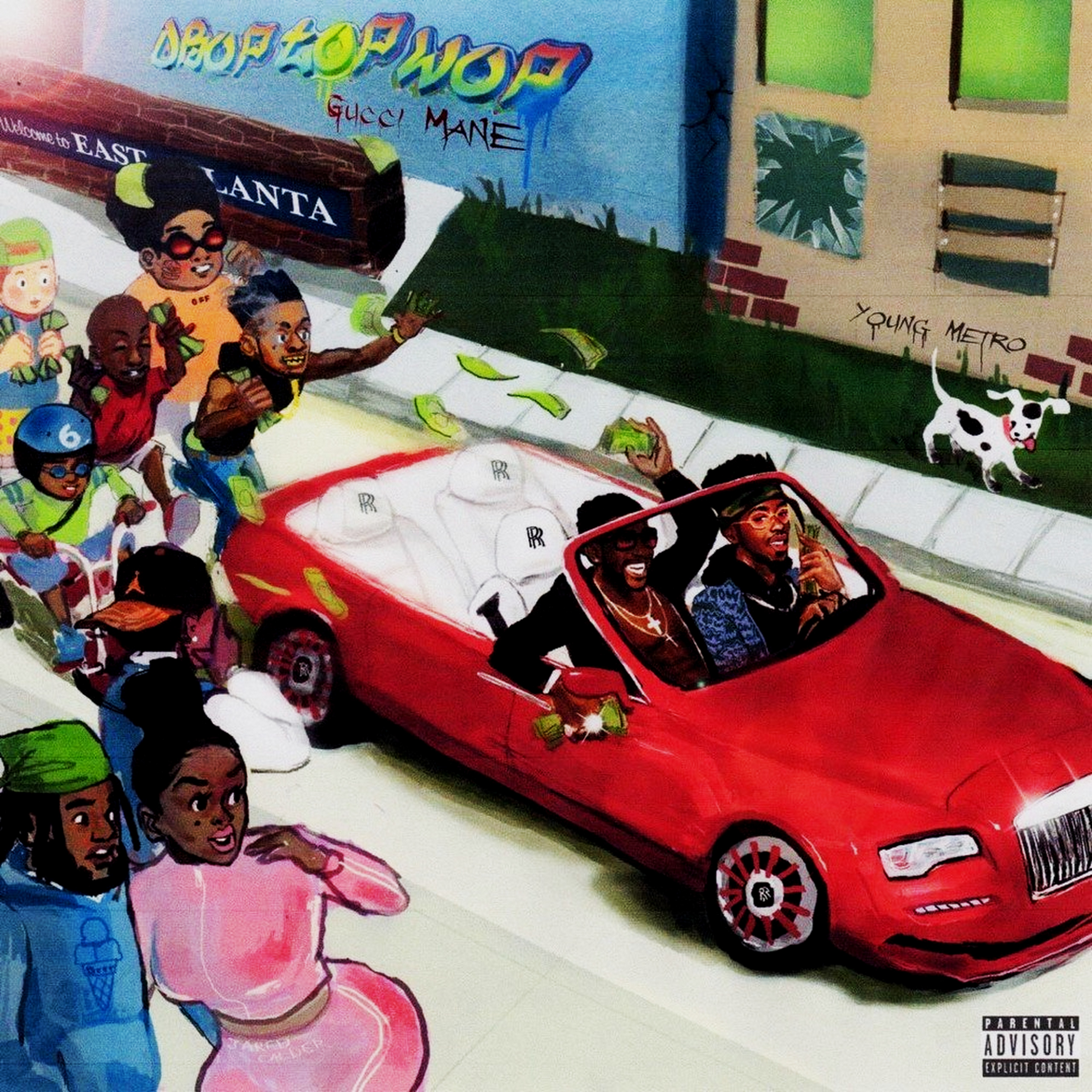
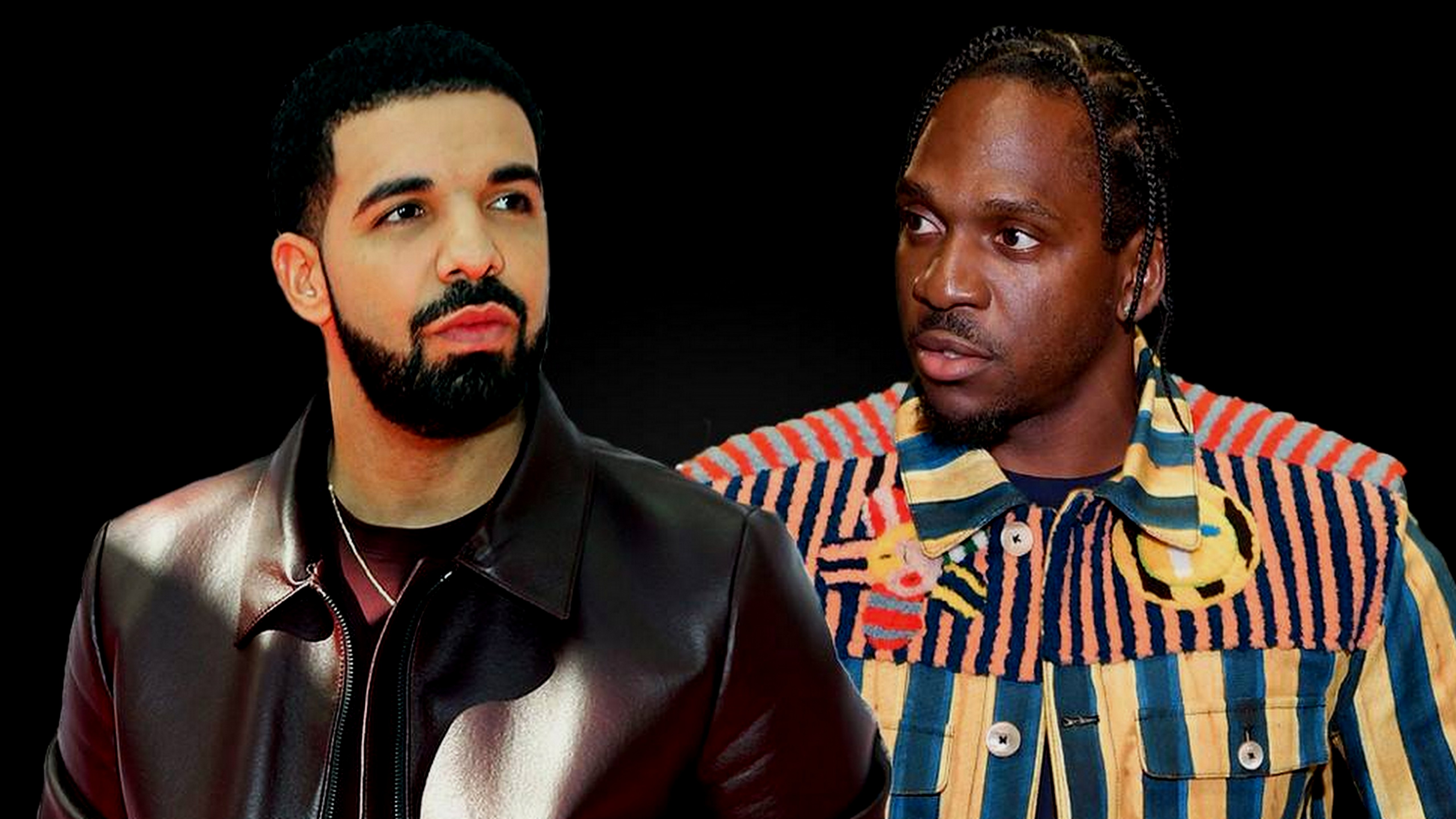
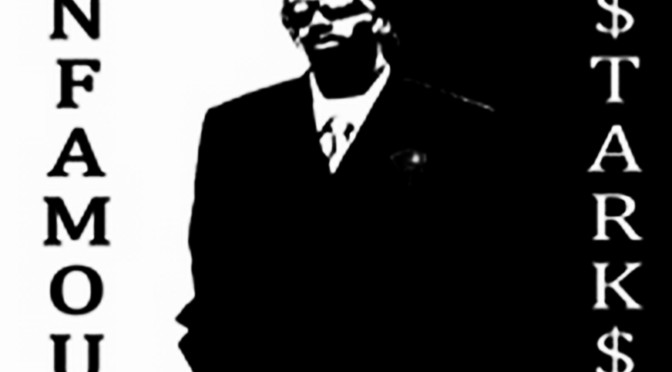

Have you worked with any Canadian artists? How come you are not everywhere in Canada? YOU do a great job from out there.
Thanks for finally writing about this.